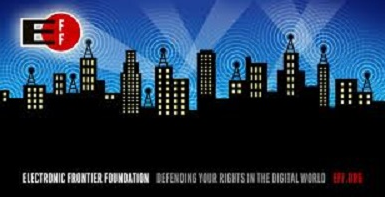Indianapolis, Indiana – A trademark lawyer for Defendants A3 Media, LLC; Collective Publishing, LLC; Yelena Lucas and Neil Lucas, all of Fishers, Indiana, and Janelle Morrison of Zionsville, Indiana removed a federal trademark lawsuit to the Southern District of Indiana. The litigation was initially filed by franchise law attorneys in Hamilton County Superior Court under Cause No. 29D03-1609-PL-008343 on behalf of Plaintiffs Britt Interactive, LLC and TownePost Network, Inc. of Fishers, Indiana. Tom and Jeanne Britt have been added as third party Defendants.
Britt Interactive runs a monthly newsletter and magazine. That entity, and later its successor TownePost Network, licensed its “techniques, intellectual property, and system” to others in the Indianapolis area for the purpose of producing “monthly hyper-local publications” in nearby territories. TownePost later ceased offering such licenses and moved to a franchise model.
In December 2012, Britt Interactive entered into a licensing agreement with Defendant A3 Media for the geographical area of Zionsville, Indiana. Plaintiffs contend, however, that A3 Media and related Defendants abandoned that license and, instead, began to engage with Plaintiffs’ advertising customers in a manner that confused the customers and interfered with Plaintiffs’ business relationships.
Plaintiffs’ complaint lists the following causes of action:
• Count I: Tortious Interference with Contracts
• Count II: Tortious Interference with Business Relationships
• Count III: Conversion
• Count IV: Trademark Infringement under Section 32(A) of the Lanham Act, 15 U.S.C. § 1114(A)
• Count V: Trademark Infringement, False Designation of Origin and Unfair Competition under Section 43(A) of the Lanham Act, 15 U.S.C. § 1125(A)
• Count VI: Violations of Indiana Trademark Act
• Count VII: Breach of Contract
Plaintiffs asked the Hamilton County Court for injunctive relief, damages, costs and attorneys’ fees. Defendants counterclaimed against Plaintiff and, invoking federal jurisdiction on the basis of the federal questions raised in the complaint, removed the lawsuit to the Southern District of Indiana.
Continue reading
 Indiana Intellectual Property Law News
Indiana Intellectual Property Law News





